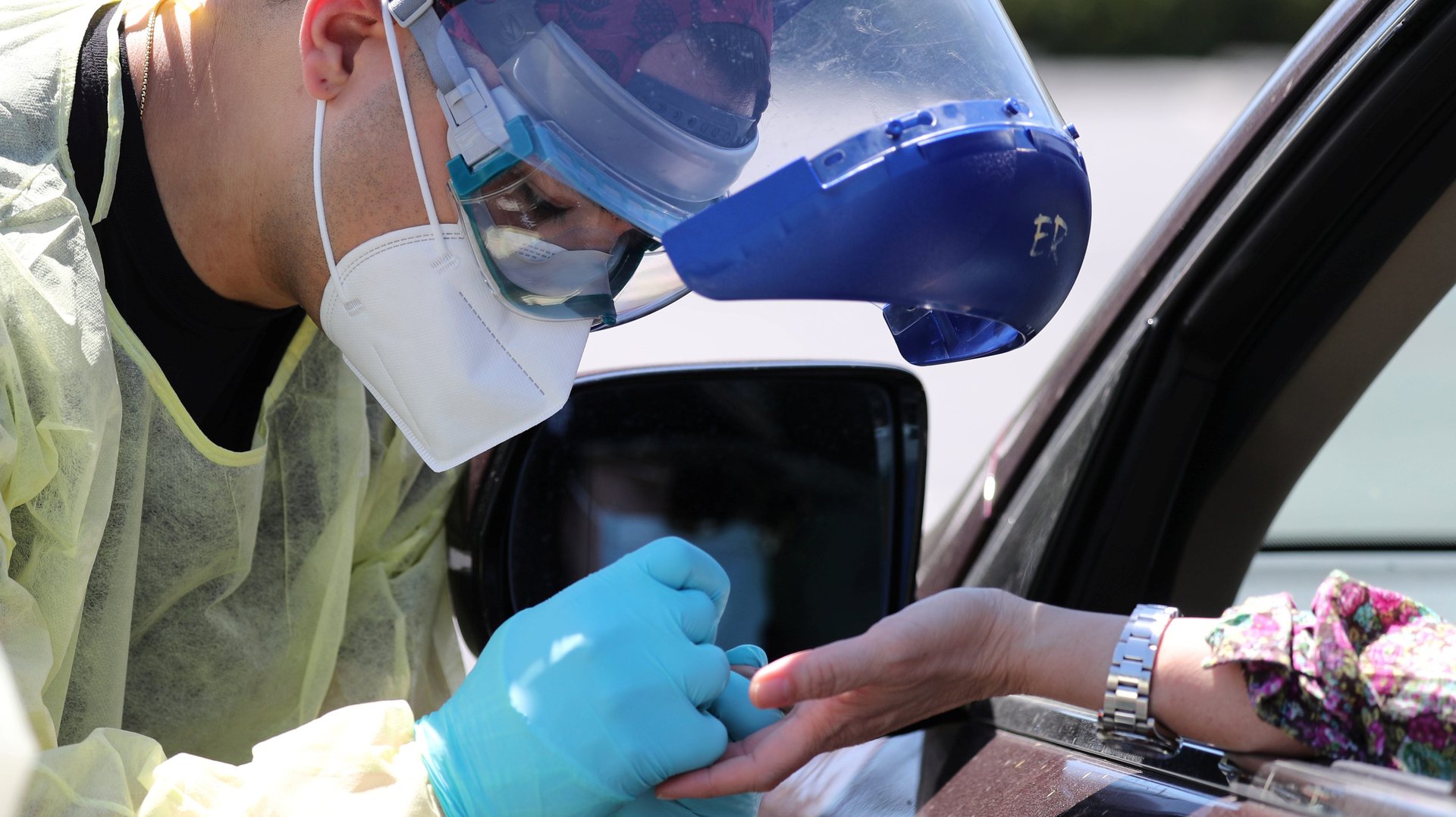The latest coronavirus antibody test is a lot more accurate
Several coronavirus antibody tests have been authorized for public use, but so far their accuracy has been iffy. A new test created by Roche and cleared by the US Food and Drug Administration (FDA) for emergency use today, May 3rd, significantly ups the standard.


Several coronavirus antibody tests have been authorized for public use, but so far their accuracy has been iffy. A new test created by Roche and cleared by the US Food and Drug Administration (FDA) for emergency use today, May 3rd, significantly ups the standard.
Roche announced that its test is 100% accurate at detecting coronavirus antibodies and 99.8% accurate at ruling out the presence of those antibodies, meaning only one in 500 tests will get a false positive. Antibody tests use blood samples to assess whether a person had been previously infected, so they’re useful to determine the true spread of coronavirus.
In comparison, the first test the FDA approved for emergency use, created by Cellex, is 93.8% accurate at detecting coronavirus antibodies (this is known as sensitivity), and 95.6% accurate at ruling out the presence of antibodies (known as specificity.) Meanwhile, Premier Biotech’s test has sensitivity of 80.3% and specificity of 99.5%.
Though the differences in accuracy may seem small, a Quartz simulation shows they have huge implications when only a small proportion of people are infected, as the number of false positives can easily equal the number of true positives. For example, if 5% of 1,000 people have had coronavirus then, using the Cellex test, a positive result stands only 49.5% chance of being correct. Using the Roche test on that same population means that a positive result is 96% likely to be correct.
Roche said it’s already started shipping the antibody test to global laboratories, and is planning to increase production to high double-digit millions per month. Thomas Schinecker, head of Roche Diagnostics, told the Wall Street Journal the company’s test had been evaluated on 6,000 blood samples.
Despite the increased accuracy, no antibody test is perfect. The Roche tests still leave room for error. Currently, the accuracy of Roche’s test is based on blood being drawn at least 14 days after infection, so it will be less accurate if someone has an active or very recent infection. Plus, scientists are still unsure how long antibodies remain in the blood following a coronavirus infection. Still, while not a perfect solution, Roche’s antibody test is a significant step towards building scientists’ understanding of the disease.